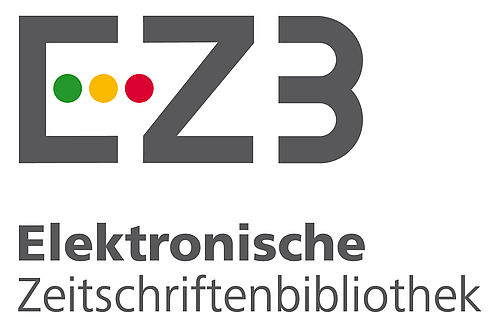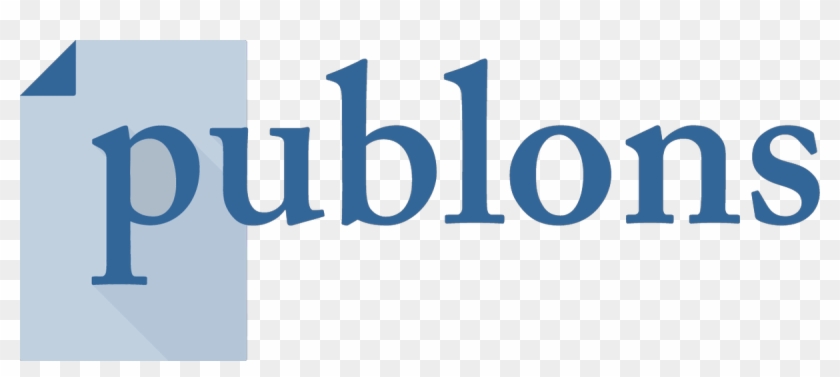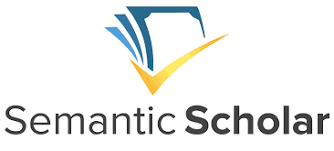Ethic Rules and Plagiarism
Publishers Ethic Rules
“Current Perspectives on Medicinal and Aromatic Plants (CUPMAP)” is an international journal, which publishes at the highest scientific level on original research articles dealing with Medicinal and Aromatic Plants in the fields of science and technology such as Biology, Molecular Biology and Genetics, Chemistry, Agriculture, Biochemistry, Botany, Ethnobotany, Environmental Science, Forestry, Horticulture, Health Care & Public Health, Nutrition and Food Science, Pharmaceutical Sciences, and so on. Originality, high scientific quality, and citation potential are the most important criteria for a manuscript to be accepted for publication. Manuscripts submitted for evaluation should not have been previously presented or already published in an electronic or printed medium. The journal should be informed of manuscripts that have been submitted to another journal for evaluation and rejected for publication. The submission of previous reviewer reports will expedite the evaluation process. Manuscripts that have been presented in a meeting should be submitted with detailed information on the organization, including the name, date, and location of the organization. All authors submitting their works to “Current Perspectives on Medicinal and Aromatic Plants (CUPMAP)” for publication as original articles attest that the submitted works represent their authors’ contributions and have not been copied or plagiarized in whole or in part from other works. It is necessary to agree upon standards of expected ethical behavior for all parties involved in the act of publishing: the author, the journal editor, the peer reviewer and the publisher. “Current Perspectives on Medicinal and Aromatic Plants (CUPMAP)” ethic statements are based on COPE’s Best Practice Guidelines for Journal Editors.
Ethic Committee Report
The studies have to be prepared according to scientific rules and ethics. The results of any research (especially biology, veterinary, aquaculture and zootechnics) to be published as a manuscript need to have the report of a committee of ethic and that report’s copy should be attached with the manuscript itself. Inclusion of the approval letter from the relevant Ethics Committee or Institution's Review Board regarding the research protocol and the rights of the subjects. The author or all the authors whose studies are to be published in the journal will own all kind of liabilities in terms of their manuscripts.
Publication Decisions
The editor is responsible for deciding which of the articles submitted to the “Current Perspectives on Medicinal and Aromatic Plants (CUPMAP)” should be published. The editor may be guided by the policies of the CUPMAP's editorial board and constrained by such legal requirements as shall then be in force regarding libel, copyright infringement and plagiarism. The editor may confer with other editors or reviewers in making this decision.
Fair Play
An editor at any time evaluate manuscripts for their intellectual content without regard to race, gender, sexual orientation, religious belief, ethnic origin, citizenship, or political philosophy of the authors.
Confidentiality
The editor and any editorial staff must not disclose any information about a submitted manuscript to anyone other than the corresponding author, reviewers, potential reviewers, other editorial advisers, and the publisher, as appropriate.
Disclosure and Conflicts of Interest
Unpublished materials disclosed in a submitted manuscript must not be used in an editor's own research without the express written consent of the author.
Duties of Reviewers
Contribution to Editorial Decisions
Peer review assists the editor in making editorial decisions and through the editorial communications with the author may also assist the author in improving the paper.
Promptness
Any selected referee who feels unqualified to review the research reported in a manuscript or knows that its prompt review will be impossible should notify the editor and excuse himself from the review process.
Confidentiality
Any manuscripts received for review must be treated as confidential documents. They must not be shown to or discussed with others except as authorized by the editor.
Standards of Objectivity
Reviews should be conducted objectively. Personal criticism of the author is inappropriate. Referees should express their views clearly with supporting arguments.
Acknowledgement of Sources
Reviewers should identify relevant published work that has not been cited by the authors. Any statement that an observation, derivation, or argument had been previously reported should be accompanied by the relevant citation. A reviewer should also call to the editor's attention any substantial similarity or overlap between the manuscript under consideration and any other published paper of which they have personal knowledge.
Disclosure and Conflict of Interest
Privileged information or ideas obtained through peer review must be kept confidential and not used for personal advantage. Reviewers should not consider manuscripts in which they have conflicts of interest resulting from competitive, collaborative, or other relationships or connections with any of the authors, companies, or institutions connected to the papers.
Duties of Authors
Reporting Standards
Authors of reports of original research should present an accurate account of the work performed as well as an objective discussion of its significance. Underlying data should be represented accurately in the paper. A paper should contain sufficient detail and references to permit others to replicate the work. Fraudulent or knowingly inaccurate statements constitute unethical behavior and are unacceptable.
Data Access and Retention
Authors are asked to provide the raw data in connection with a paper for editorial review, and should be prepared to provide public access to such data (consistent with the ALPSP-STM Statement on Data and Databases), if practicable, and should in any event be prepared to retain such data for a reasonable time after publication.
Originality and Plagiarism
The authors should ensure that they have written entirely original works, and if the authors have used the work and/or words of others that this has been appropriately cited or quoted. All submissions are screened by a similarity detection software. We are using iThenticate plagiarism solution and our maximum allowed score, for the document in which the References sections truncated, is 24%. Higher scores are not allowed and the author will be given the plagiarism report and the manuscript will be returned to the authors.
Multiple, Redundant or Concurrent Publication
An author should not in general publish manuscripts describing essentially the same research in more than one journal or primary publication. Submitting the same manuscript to more than one journal concurrently constitutes unethical publishing behavior and is unacceptable.
Acknowledgement of Sources
Proper acknowledgment of the work of others must always be given. Authors should cite publications that have been influential in determining the nature of the reported work.
Authorship of the Paper
Authorship should be limited to those who have made a significant contribution to the conception, design, execution, or interpretation of the reported study. All those who have made significant contributions should be listed as co-authors. Where there are others who have participated in certain substantive aspects of the research project, they should be acknowledged or listed as contributors. The corresponding author should ensure that all appropriate co-authors and no inappropriate co-authors are included on the paper, and that all co-authors have seen and approved the final version of the paper and have agreed to its submission for publication.
Hazards and Human or Animal Subjects
If the work involves chemicals, procedures or equipment that have any unusual hazards inherent in their use, the author must clearly identify these in the manuscript.
Disclosure and Conflicts of Interest
All authors should disclose in their manuscript any financial or other substantive conflict of interest that might be construed to influence the results or interpretation of their manuscript. All sources of financial support for the project should be disclosed.
Fundamental Errors in Published Works
When an author discovers a significant error or inaccuracy in his/her own published work, it is the author’s obligation to promptly notify the journal editor or publisher and cooperate with the editor to retract or correct the paper.
-------------------------------------------------------------------------------------------------------------------------------













-------------------------------------------------------------------------------------------------------------------------
 CUPMAP Journal is licensed under a Creative Commons Attribution-NonCommercial-NoDerivatives 4.0 International License.
CUPMAP Journal is licensed under a Creative Commons Attribution-NonCommercial-NoDerivatives 4.0 International License.
-----------------------------------------------------------------------------------------------------------------------------------------
This is an open access journal which means that all content is freely available without charge to the user or his/her institution. Users are allowed to read, download, copy, distribute, print, search, or link to the full texts of the articles, or use them for any other lawful purpose, without asking prior permission from the publisher or the author. This is in accordance with the BOAI definition of open access.